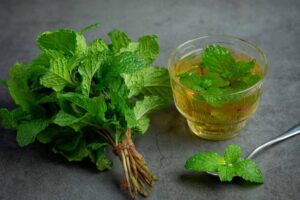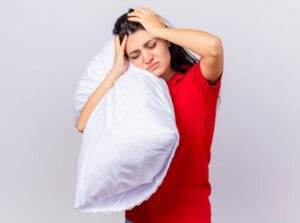The Health Blog
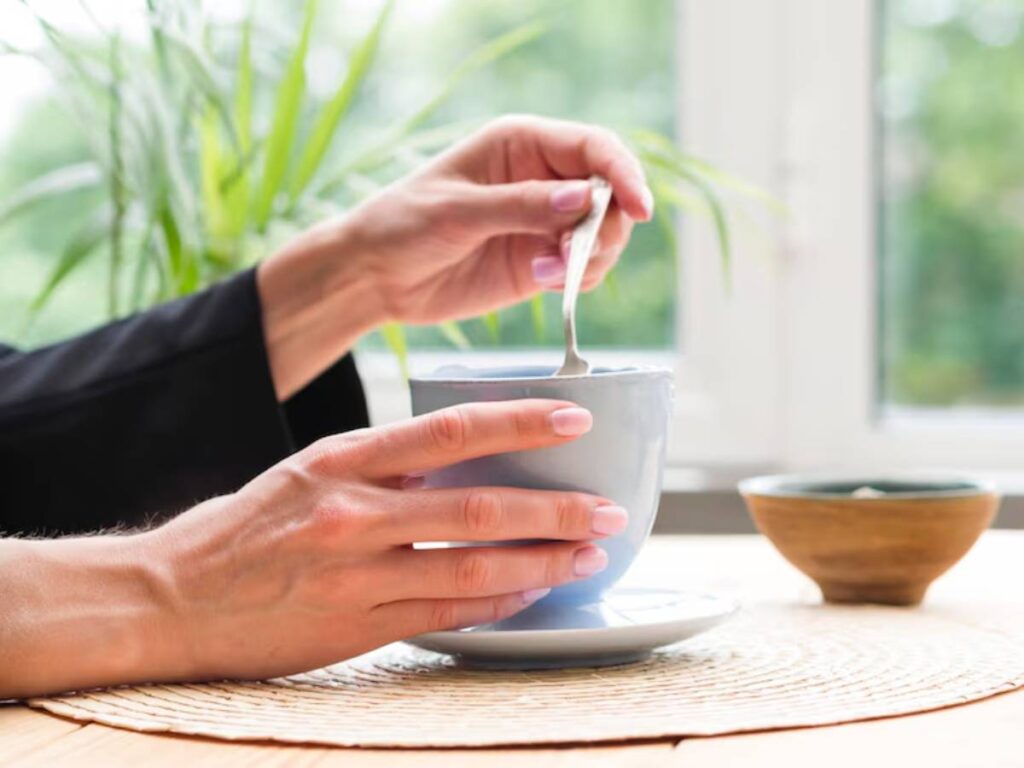
How to Choose the Right Herbal Tea for Sleep
A warm cup of tea before bed is more than just a comforting ritual. Certain herbal blends contain compounds that help calm your body and mind, making it easier to drift off naturally.
This guide will help you understand herbal tea selection, introduce you to the best sleep-inducing teas, and suggest how to enjoy these natural sleep beverages for maximum benefit.
Pro Tip: Not all herbal teas are created equal. Choosing the right one depends on your personal taste and relaxation needs.
Quick Guide: Why Herbal Tea Supports Sleep
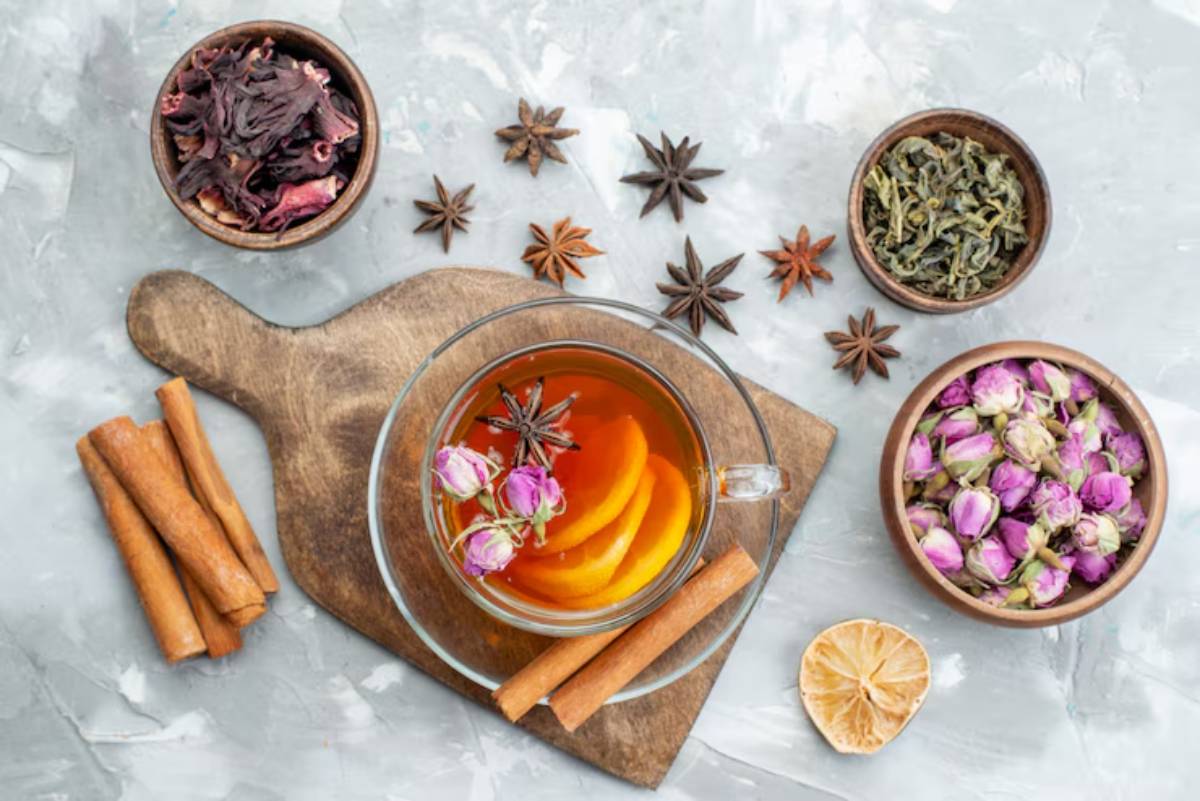
- Herbal teas are naturally caffeine-free
- They contain calming compounds like apigenin and linalool
- Warm liquids help relax muscles and promote a sense of calm
- They provide a soothing bedtime routine to wind down
Important: Herbal tea should complement a good sleep environment, not replace healthy sleep habits.
Step-by-Step: How to Select the Best Herbal Tea for Sleep
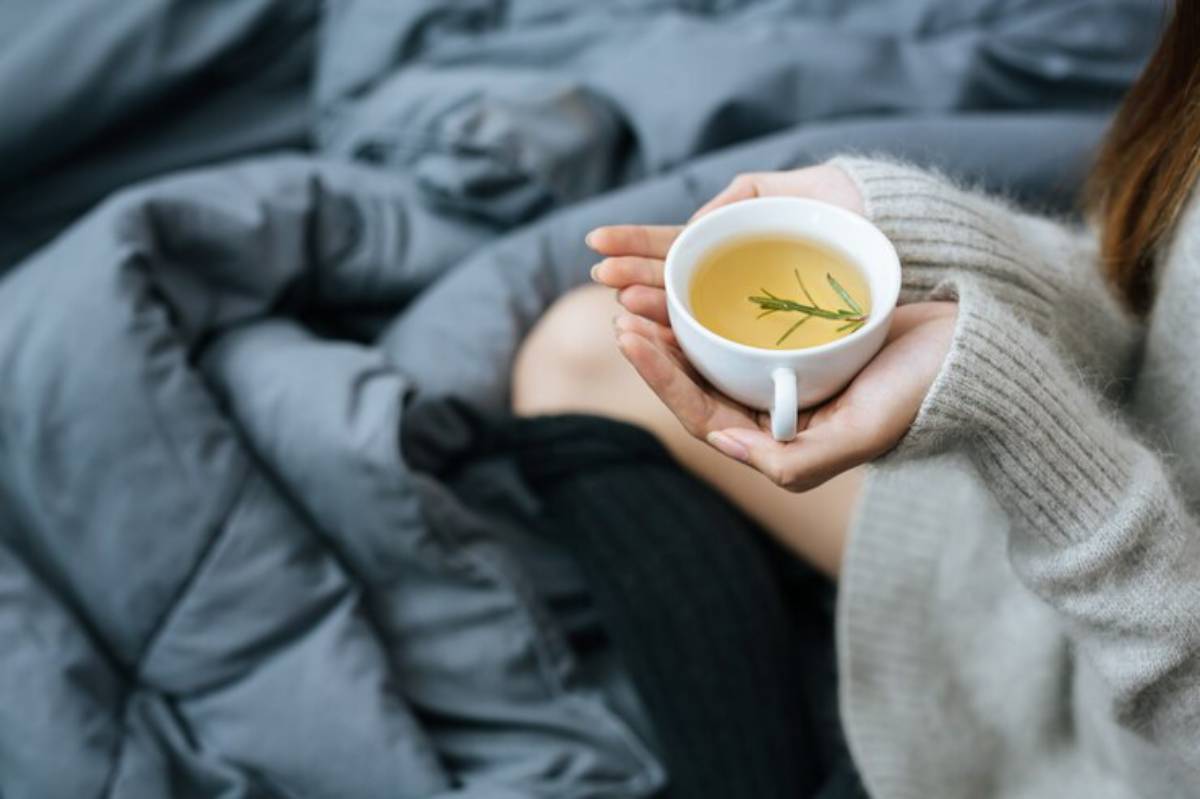
Step 1: Understand the Best Sleep-Inducing Herbs
Certain herbs have been traditionally used to help with sleep and relaxation.
| Herb | Sleep Benefit |
| Chamomile | Contains apigenin to promote calm and reduce anxiety |
| Lavender | Reduces stress and supports relaxation |
| Valerian root | May shorten the time it takes to fall asleep |
| Lemon balm | Eases restlessness and reduces nervous tension |
| Passionflower | Helps quiet racing thoughts |
| Peppermint | Relieves stomach discomfort that could disrupt sleep |
| Rooibos | Naturally calming, caffeine-free antioxidant tea |
Quick Tip: If trying a new herb, start with small amounts to check how your body responds.
Step 2: Choose Based on Taste and Effects
Personal preference plays a big role. Try different teas to discover your perfect blend.
| Preference | Herbal Tea to Try |
| Floral | Chamomile, Lavender |
| Earthy | Valerian root, Rooibos |
| Citrusy | Lemon balm |
| Sweet | Passionflower |
| Minty | Peppermint |
Pro Tip: Combine two or three herbs to create a custom blend that suits your taste and sleep needs.
Step 3: Decide on Tea Type: Loose Leaf vs Bags
Both can be effective, but there are differences.
| Type | Advantages |
| Loose Leaf | Fresher, stronger aroma and flavour |
| Tea Bags | Convenient, pre-measured, easy to store |
Sustainability Note: Opt for compostable tea bags or reusable stainless steel infusers to reduce waste.
Step 4: Brew Your Tea Properly
The way you brew your tea impacts both flavour and effectiveness.
| Herb | Steeping Time | Temperature |
| Chamomile | 5 minutes | 95°C |
| Lavender | 4 minutes | 90°C |
| Valerian Root | 8 minutes | 95°C |
| Lemon Balm | 5 minutes | 90°C |
| Passionflower | 5–7 minutes | 90°C |
Quick Tip: Always cover your cup while steeping to prevent the essential oils from escaping.
Step 5: Make It a Relaxing Night-Time Ritual
A routine signals your body that it’s time to sleep.
- Turn off bright screens
- Brew your tea about 30–45 minutes before bedtime
- Sip slowly and mindfully
- Pair with deep breathing or soft music
- Avoid adding sugar, which may disrupt sleep
Pro Tip: Create a dedicated “sleep corner” with soft lighting, a cosy chair, and your favourite mug.
Additional Tips for Herbal Tea Sleep Support
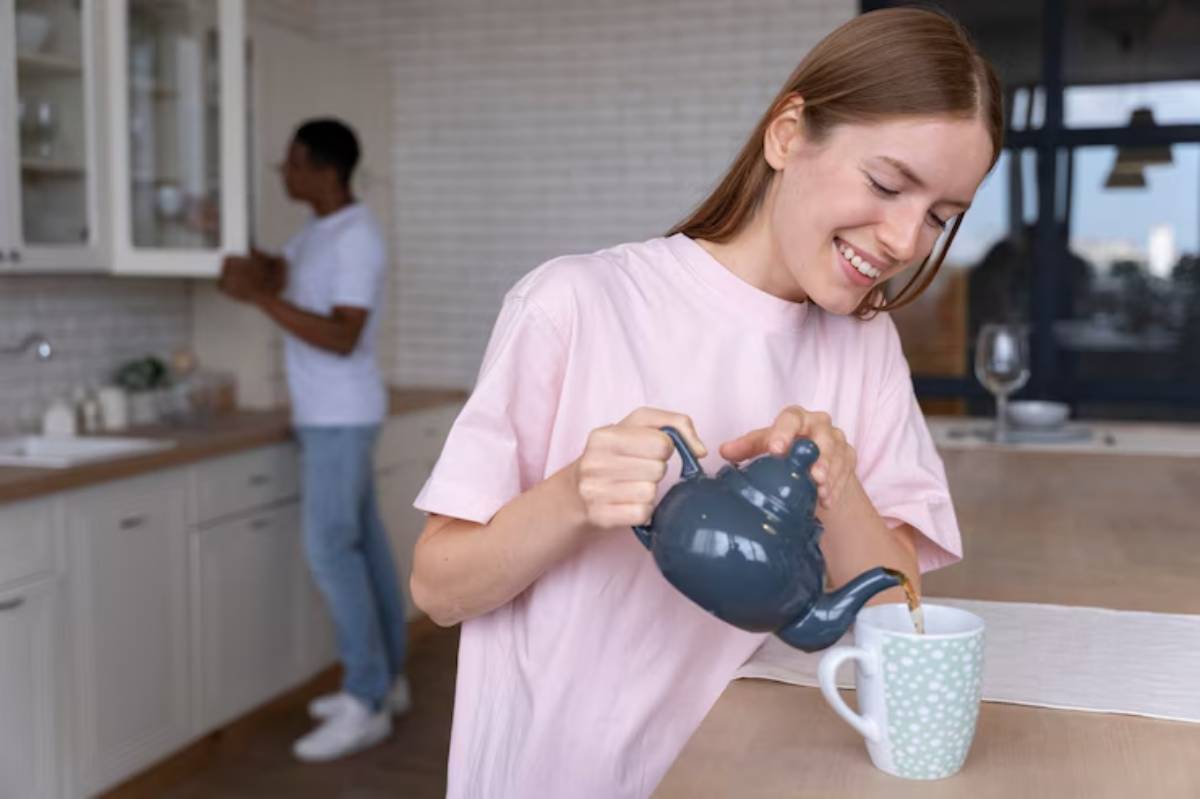
- Avoid caffeine after 2pm to let your body wind down
- Stick to one cup of herbal tea in the evening to avoid frequent trips to the bathroom
- Store herbs in airtight containers away from light and heat to preserve their potency
- Keep your bedroom cool and quiet for the best sleep conditions
Quick Tip: Hydration plays a key role in sleep quality. A small cup of tea is ideal for balance.
Common Mistakes to Avoid
| Mistake | Solution |
| Drinking too close to bedtime | Sip at least 30 minutes before lying down |
| Using caffeinated “green” or “black” tea | Always choose herbal or naturally caffeine-free blends |
| Oversteeping | Follow recommended times to avoid bitterness |
| Ignoring allergies | Check labels if you have sensitivities (e.g. ragweed allergy with chamomile) |
| Adding too much sweetener | Skip sugar to avoid energy spikes |
Frequently Asked Questions
Can herbal tea really help me sleep?
Yes. Many people report falling asleep faster and staying asleep longer when using calming herbal teas.
Is herbal tea safe for everyone?
Generally yes, but consult a doctor if you’re pregnant, breastfeeding, or taking medication.
How many cups should I drink?
One cup in the evening is enough. Avoid excessive intake to prevent sleep disruption.
What if I don’t like the taste?
Try blends that include honeybush or rooibos for natural sweetness, or add a slice of lemon for freshness.
Are there any side effects?
Most people tolerate herbal teas well. Valerian can cause vivid dreams or mild grogginess in some people.
Sip Calmly, Sleep Soundly
A simple cup of herbal tea can be the perfect way to end your day. By making mindful choices about herbal tea selection, experimenting with different sleep-inducing teas, and creating a soothing night-time routine, you can discover the power of natural sleep beverages for better rest and relaxation.
Start tonight. Breathe deeply. Sip slowly. Let your body and mind unwind.
Relax. Sip. Sleep well.



